Scaling Scotland's High-Growth Companies: Inside Techscaler's Global Programmes
Silicon Valley: 24th October – 14th November 2025
Singapore: 27th October – 14th November 2025
Over three weeks in October and November 2024, twenty-two of Scotland's highest-potential tech companies deployed simultaneously across two of the world's most concentrated innovation ecosystems. Twelve founders embedded themselves in Silicon Valley. Ten others built pathways into Singapore and wider APAC markets. It was a deliberate test of whether Scottish founders can compete at the velocity and scale that defines global innovation.
What emerged wasn't just individual founder success. It was evidence of Scotland's growing capacity to produce companies that can operate on an international stage from day one.
The Opportunity: Why Global Markets, Why Now
Scotland's startup ecosystem has moved from proof of concept to performance. Investment is flowing, talent is deepening, and companies are proving market fit. But scale-up remains the challenge—access to growth capital, international customer networks, and experienced operators who have navigated billion-dollar journeys.
Silicon Valley addresses this through density—the concentration of investors, advisors, talent, and competitors creates a feedback loop that accelerates learning. Singapore serves as a gateway to APAC markets, a relationship-led, government-supported ecosystem where innovation moves fast and business culture operates differently from the UK.
The timing matters. As AI reshapes nearly every sector and distributed work creates new market entry points, Scottish founders have a genuine opportunity to position themselves not as regional players but as global contenders. The question is whether they can operate at the required pace.
The Cohorts: High-Growth Potential Across Sectors
Silicon Valley: Enterprise SaaS, Deep Tech, and Industrial AI
- Vladimir Scutelnic leads Cleanifiq, an instant pricing marketplace transforming business cleaning services procurement.
- Hugh Craigie Halkett built stampfree.ai, using AI to enable parcels and letters to be sent via smartphone.
- Danae Shell founded Valla, providing instant access to intelligent legal support, positioning for a Series A raise in 2026.
- Bryan MacMillan's Tyre Runner helps vehicle fleet companies monitor and replace tyres with predictive maintenance.
- Aleksandra Czech-Seklecka developed VanFill, an AI logistics platform matching delivery needs with spare vehicle capacity.
- Eva Steele is building Amytis, a next-generation digital workspace for scientific research.
- Jo Tennant's 20 Photos transforms photo libraries into story-driven collections.
- Stephen Elliot founded NeuroBright, a health wearable helping people manage mental wellbeing.
- Chelsea Jarvie created Neon Guard, an AI-powered system enabling platforms to meet global safety laws without collecting personal data.
- Michal Gondar's Appio adds mobile widgets and push notifications for web apps without requiring app stores.
- Nicholas Guy is building NoLogo, AI infrastructure for creator brand partnerships.
- Aphrodite Yao leads Aethernova, developing an AI-powered extended reality platform for assessing neurodevelopmental conditions.
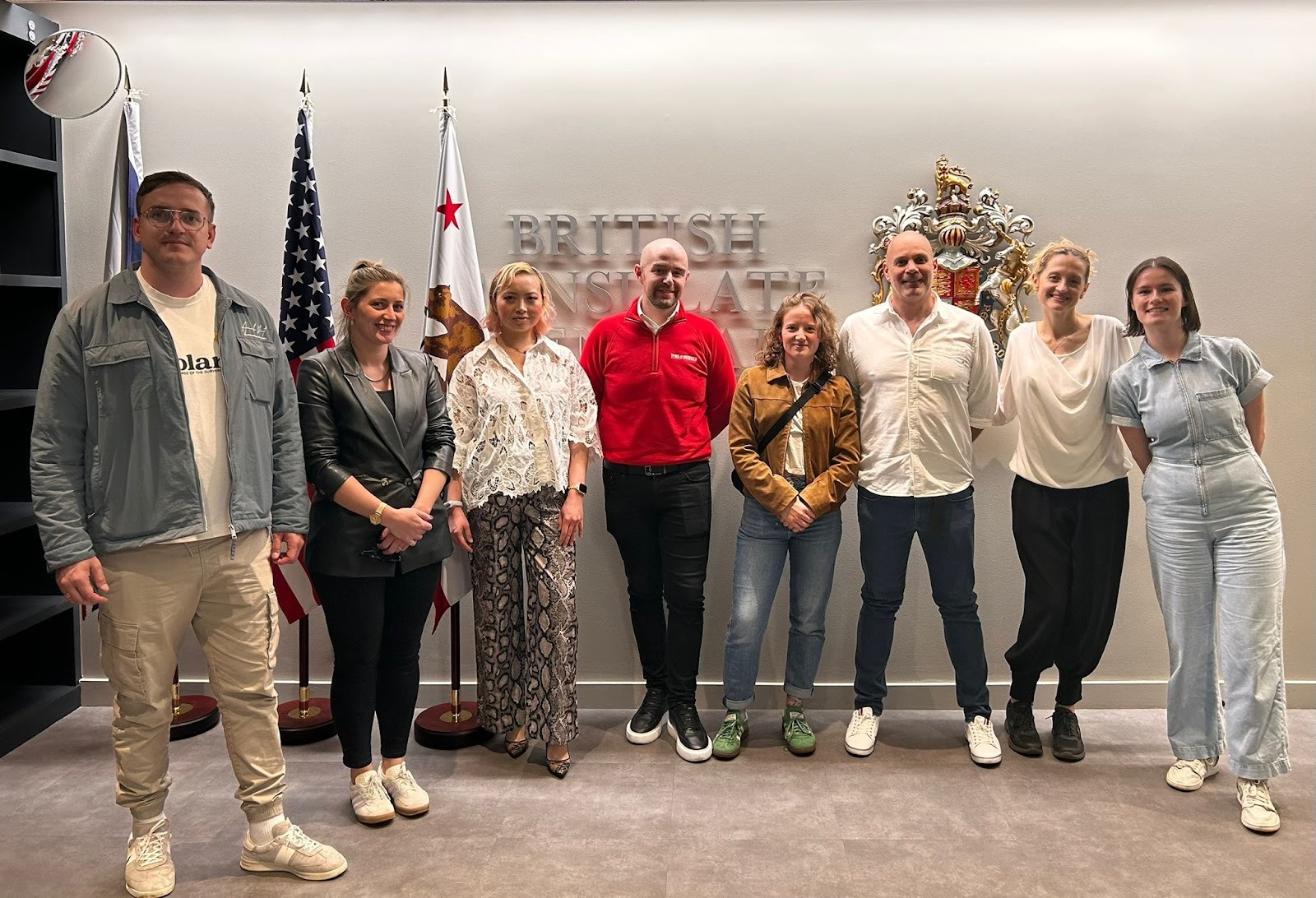
Singapore: Medtech, Climate Tech, and Digital Health
- Zoë Russell – Rethink Carbon, helping landowners make sustainable land use decisions.
- Yola Jones – Seluna, using machine learning to accelerate paediatric sleep apnoea diagnosis.
- Amanda Pickford – ThermaFY Eco Solutions, empowering communities to live in energy efficient homes.
- Christopher Helson – Tiny Air, developing technology to decontaminate surgical instruments.
- Kevin Gordon – Virtual Reality Empathy Platform (LifeLens), creating VR learning for dementia awareness.
- Jay Evans – Wristbud/Interactive Health, developing wearable technology for mental health.
- Stefan Bostock – Danu Insights, building AI tools to help scientists design faster experiments.
- Tolulope Abikoye – Connecting Hands, building a digital health platform for mothers with postnatal depression.
- Osman El-Koubani – Trials Link, creating a platform for clinical trials recruitment.
- Scott Cunningham – MyWay Digital Health, creating software to manage long-term health conditions.
What united them was readiness. These companies were not exploring whether to scale internationally. They were testing how.

Silicon Valley: What the Programme Delivered
Immersion in Global Competition
The opening days at TechCrunch Disrupt provided immediate perspective. Founders ran between investor meetings, panel discussions, and encounters with operators who have scaled globally. The cohort's shared WhatsApp channel became a real-time intelligence network: investor sightings, panel recommendations, last-minute meeting opportunities.
Spotting direct competitors from APAC and North America crystallised the global market reality. Aleksandra Czech-Seklecka noted how investor expectations had shifted:
"It was interesting to hear that investors are tired of pitches where everything circles back to AI. They want to see how it fits into a bigger story - more about the problem you're solving, the solution you're building, and the impact you're creating."
Access to Proven Operators
Tom Charman, a UK founder embedded in San Francisco with multiple exits, delivered transparent guidance on fundraising strategy, investor psychology, and scale-up mistakes. He provided free access to his AI-powered founder tool and offered his network for warm introductions.
Hugh Craigie Halkett reflected: "The Techscaler Silicon Valley programme enables Scottish Founders not just to meet prospective clients and investors, but to open their minds to Silicon Valley thinking. The soft benefits of this are actually of as much value as the hard ones."
Sessions with GlobalScots Irene Waldman and Ian Houston were direct: Scottish founders are often funded to "play small," with capital amounts that prevent real scale. The conversation explored pathways into US angel networks and the potential for a California-based Scottish diaspora syndicate.
Founder-Led Network Activation
The programme's most significant value emerged from founder-driven activity. With conference contacts made, founders spent two weeks converting introductions into tangible outcomes. They booked demos with major organisations, flew to LA, Austin, Portland, and New York following warm introductions, attended AI summits and pitch nights. They became recognisable faces in the ecosystem rather than one-time visitors.
Jo Tennant described the impact: "Being in San Francisco helped me test our technical foundations against the global best, uncover significant growth pathways, and build connections with companies and investors that couldn't have happened from Scotland."
.jpeg)
Singapore: What the Programme Delivered
Alongside BLOCK71 Singapore, with access to SWITCH (Singapore Week of Innovation and Technology) drawing over 20,000 attendees, the Singapore programme provided immediate market immersion.
Building Through Relationships
The programme kicked off at BLOCK71—pairing each founder with a local startup founder who could guide them through the ecosystem. This relationship-first approach proved essential in a market where personal connections matter more than cold outreach.
Founders attended a reception at the British High Commissioner's residence, then spent three days at SWITCH. Zoë Russell from Rethink Carbon described it as "an incredible showcase of how fast innovation is moving across Asia."
Week two delivered breakthroughs. Kevin Gordon from Virtual Reality Empathy Platform met with one of Singapore's key "dementia influencers"—whose network could prove invaluable, with a local partner providing "local legitimacy."
Chris from Tiny Air gained hospital access through his guide Patrick, who works in Singapore hospitals. Patrick immediately offered to open doors into the hospital system—connections that would have taken months to establish.
Converting Access into Traction
Inside the British High Commission, GlobalScots and ecosystem contacts gathered. Each founder pitched, then faced live Q&A. The follow-up introductions were exceptional—attendees linking founders to colleagues, family members in relevant sectors, and decision-makers.
The Smith & Nephew Innovation Centre tour was a standout for medtech founders. After pitches, introductions flowed: Tolu from Connecting Hands to women's health contacts, Stefan from Danu Insights to clinical trials experts, Chris from Tiny Air to Smith & Nephew in London for a trial.
An optional trip to the Malaysian Investment Development Authority revealed Singapore's role as a gateway to wider APAC. Multiple founders are now considering dual strategies: Chris exploring manufacturing in Malaysia, Amanda from ThermaFY considering an R&D base, Scott from MyWay Digital Health in talks with the Malaysian Ministry of Health.
Amanda Pickford reflected: "It's amazing what you can achieve in three weeks. This trip has been a catalyst for fresh thinking. The introductions and insights we've gained have stretched our imagination and opened up exciting new directions."
.jpg)
What This Means for Scotland's Ecosystem
Exporting Ambition, Importing Standards
Both cohorts returned with recalibrated expectations—not just of what's possible, but of what's required. Stephen Elliot from NeuroBright: "The conversations, introductions, and intensity of the ecosystem gave me a much broader sense of what's possible - and the confidence to build for a truly global market."
This confidence compounds across the ecosystem. Founders who understand global standards raise the bar for peers and demonstrate that international scale is achievable from Scotland.
Building Repeatable Pathways
Several founders are already considering return trips within three to six months. Others are establishing US or APAC presence, pursuing investor relationships, or advancing commercial partnerships.
Michal Gondar from Appio: "It is difficult to convey just how different it is to experience the San Francisco tech scene in person rather than reading about it. Almost every cliché holds up, but it hits differently when you are there. The trip gave me a new level of ambition and energy."
In Singapore, founders left with concrete pathways: customer leads, pilots in development, hospital trials being arranged, government-level partnerships in discussion. As Tolu from Connecting Hands put it: "I came with an X and left with Y and Z, one of the thrills! From Scotland to the world!"
When founders build repeatable pathways into global markets, they create infrastructure others can follow. Scotland's ecosystem grows not just through individual company success but through shared connectivity.
Market-Specific Insights
The dual-market approach revealed important strategic insights. Silicon Valley remains the benchmark for velocity, investor density, and tech sector competition. Singapore and wider APAC offer different advantages: strong government support for innovation, particularly in medtech and climate tech; relationship-led business culture; strategic positioning as a gateway to Southeast Asian markets; competitive manufacturing and R&D infrastructure.
For Scottish founders, international expansion doesn't follow a single template. The right market depends on sector, growth stage, and strategic priorities. But both paths require the same fundamental shift: moving from local ambition to global execution.
Building the Conditions for Scale
Scotland's startup ecosystem no longer needs to prove it can produce innovative companies. It needs to prove it can scale them. The Techscaler global programmes demonstrate that founders from Scotland, when given access to international networks and immersed in high-velocity environments, can operate at international standard.
The outcomes are already emerging. Introductions to major global organisations are converting into paid pilots. Investor pipelines are building ahead of 2026 fundraises. Hospital trials are being arranged. Manufacturing partnerships are under discussion. Government-level relationships are developing.
The next decade will reward ecosystems that combine local strength with global connectivity. Scotland has the talent, the sectoral expertise, and the growing track record. What it's building now is the infrastructure—the relationships, the pathways, the shared knowledge—that turns individual success into sustained ecosystem momentum.
Twenty-two founders. Two ecosystems. Three weeks. What they built wasn't just their own companies' futures. They built proof that Scotland can compete globally.


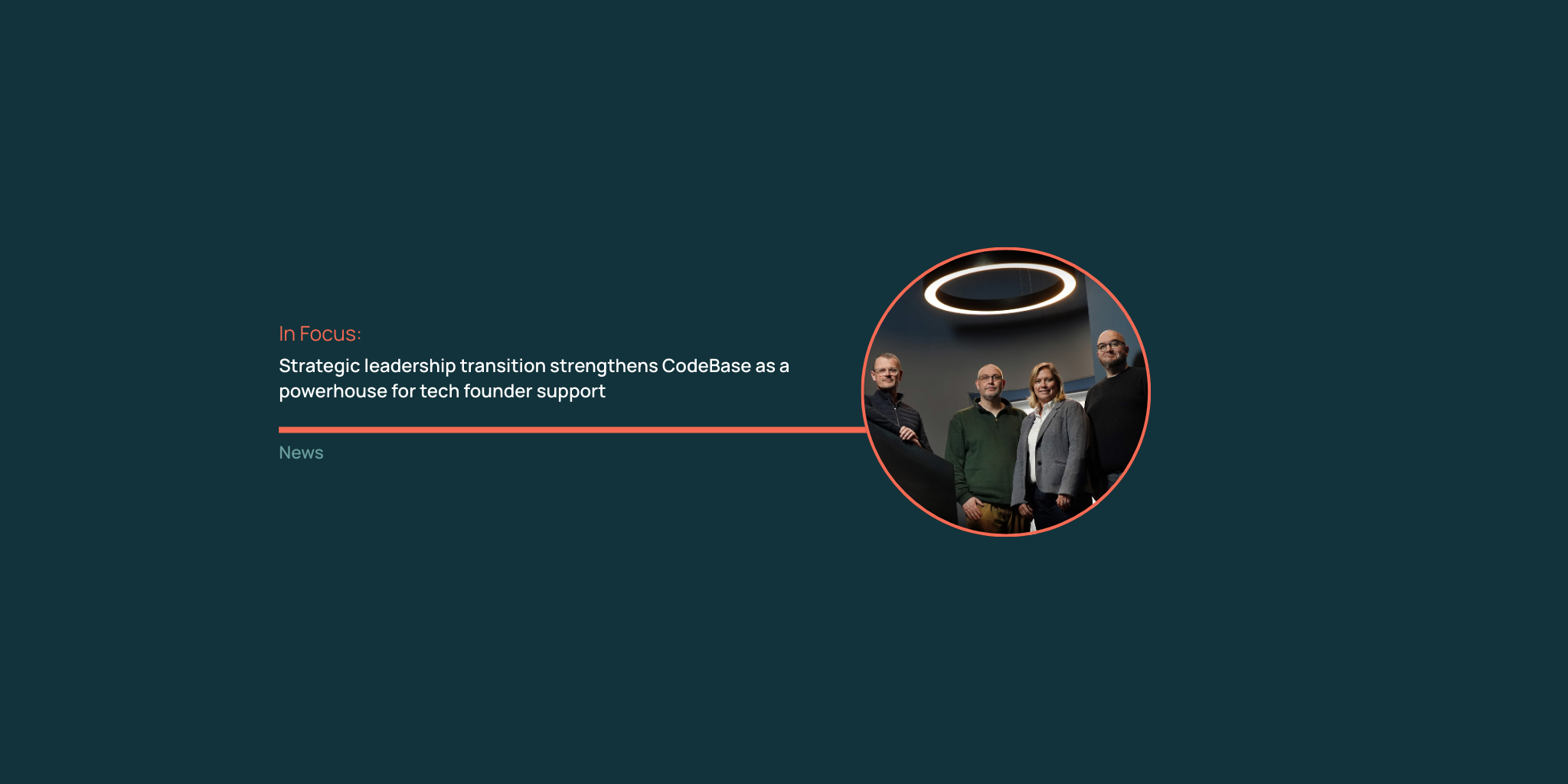

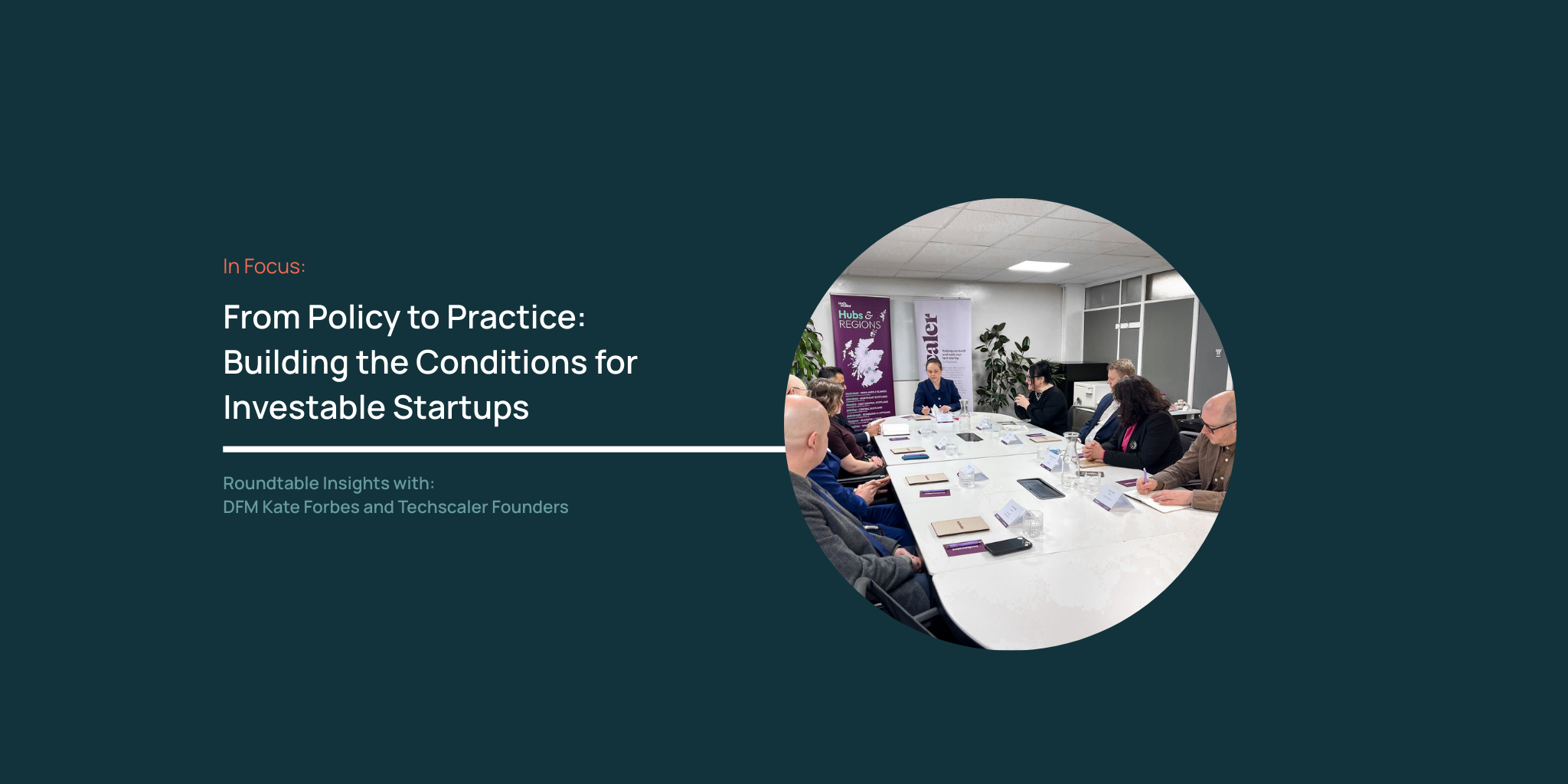
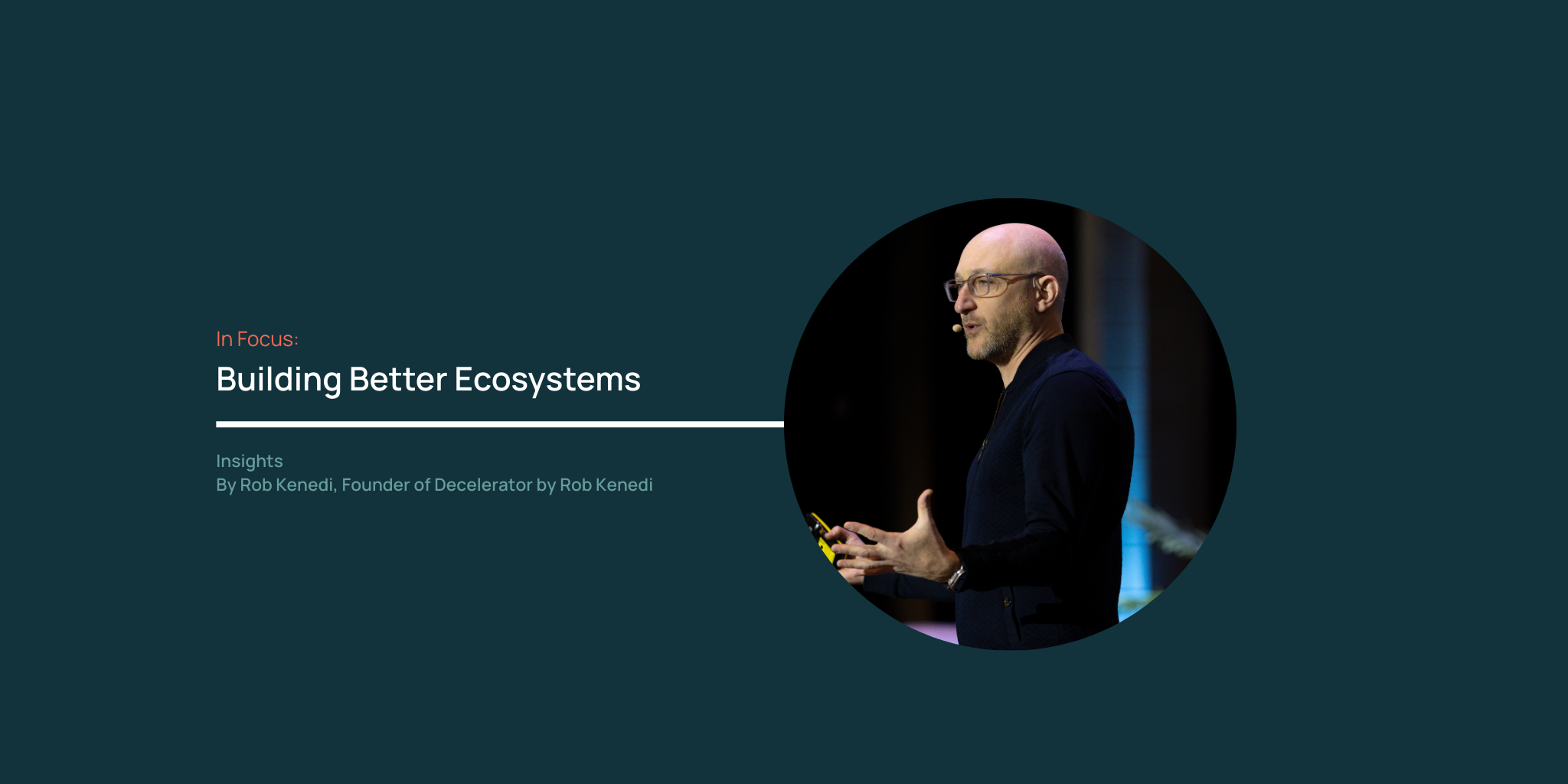
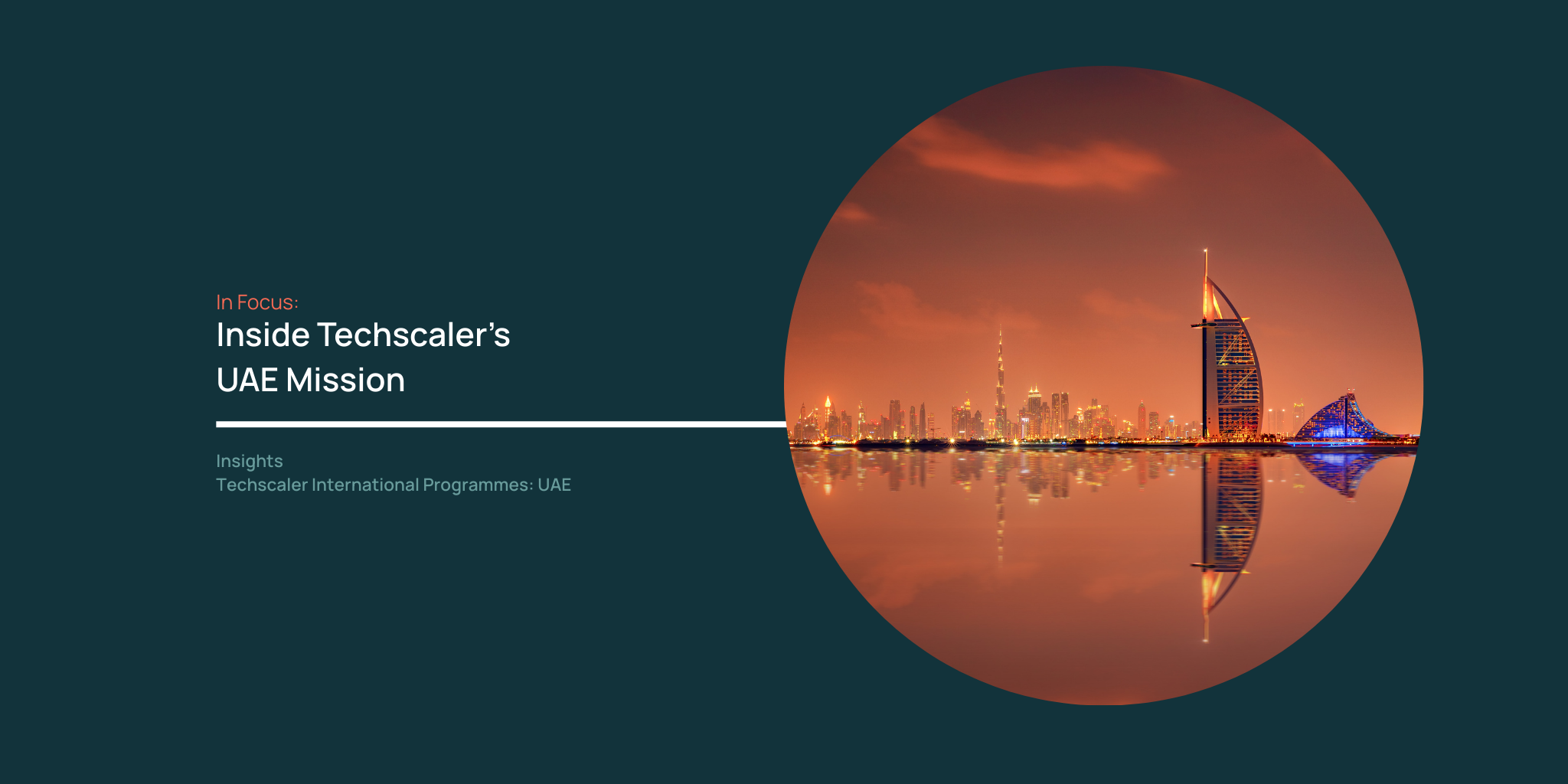

.svg)


